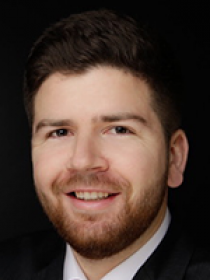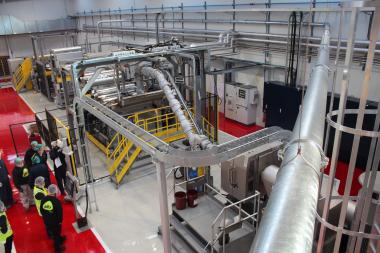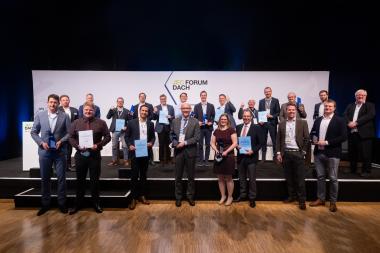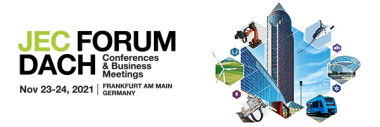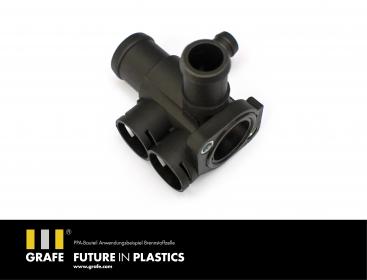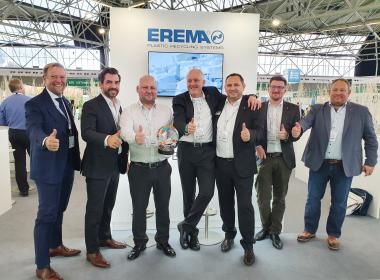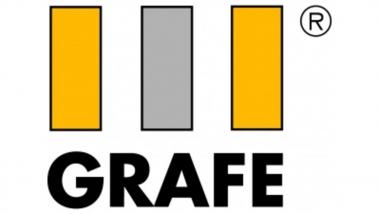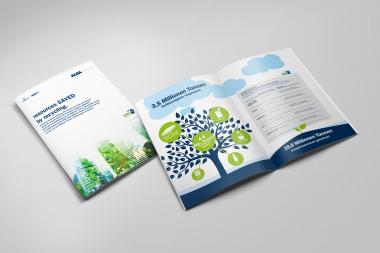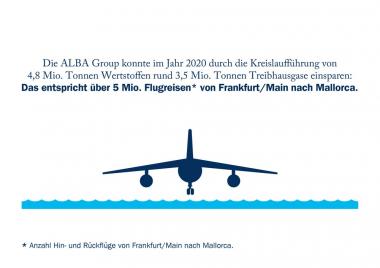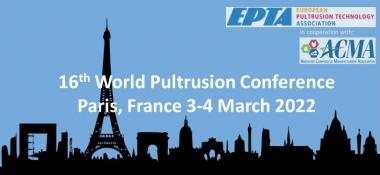New Opportunities for Cellulose Fibres in Replacing Plastics
- Second Session of the International Conference on Cellulose Fibres 2022
Cellulose fibers are a true material miracle as they offer a steadily expanding, broad range of applications. Meanwhile markets are driven by technological developments and policy frameworks, especially bans and restrictions on plastics, as well as an increasing number of sustainability requirements. The presentations will provide valuable information on the various use-opportunities for cellulosic fibers through a policy overview, a special session on sustainability, recycling and alternative feedstocks, as well as the latest developments in pulp, cellulosic fibers and yarns. In addition, examples of non-wovens, packaging and composites will offer a look beyond the horizon of conventional application fields.
The second session of the conference: "New Opportunities for Cellulose Fibres in Replacing Plastics", will focus on questions such as: "What is the impact of the ban on plastics on single-use products?" and "What are the latest regulatory issues and policy opportunities for cellulose fibres?". This section presents new opportunities for replacing fossil-based insulating materials with cellulose-based technologies that can be used for a variety of applications, from aerospace to mobility, as well as in construction. For the program just click here.
Speakers of the Session "New Opportunities for Cellulose Fibres in Replacing Plastics":
- Nicolas Hark - nova-Institut (DE): Opportunities in Policy for Cellulose Fibres
- Paula Martirez - Stora Enso (SE): Last years Winner Papira® – an Eco-revolution in Foam Packaging
- Stefanie Schlager - Lenzing (AT): LENZING™ Fibres for Sustainable Single use Products
- Sascha Schriever - Institut für Textiltechnik der RWTH Aachen University (DE): Cellulose Aerogel Non-wovens – Sustainable Insulators of Tomorrow


